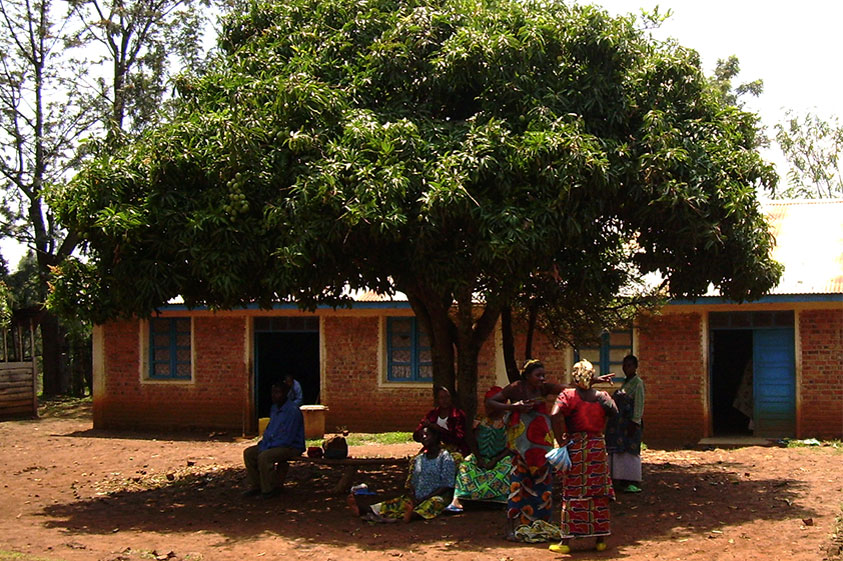Scaling up interventions to improve the control of hypertension and diabetes in partnership with the governments of Kerala and Tamil Nadu: Leveraging India's national NCD program
We propose to implement a scalable program for improving diabetes and hypertension outcomes that is adapted from previous trials. We will combine elements of two previously well–evaluated programs, Kerala Diabetes Prevention Program (K-DPP) for reducing both diabetes and Cardio Vascular Disease(CVD) risk and Control of Hypertension in Rural India (CHIRI), for improving hypertension control. The intervention model will consist of a community-based peer-group program - with additional community mobilization components - that increases awareness of CVD control and provides support for individuals with chronic diseases and community health workers to support implementation. Context-specific adaptations of the model will be co-designed with health services and community stakeholders in Kerala and Tamil Nadu, so that the intervention can be successfully implemented as part of the National Program for Non-communicable Diseases (NP-NCD) in those states. Based on the three project aims below, we shall evaluate the public health benefit and the potential of the program framework model for wider implementation and scalability in India as part of the upcoming National Health Protection Scheme (NHPS) and the NCD services that will be provided by the Health and Wellness Centres (HWCs), as well as in other LMIC in the future.
AIM 1: To evaluate the implementation outcomes of the peer support program and community mobilization strategy to improve the control of diabetes and hypertension (RE-AIM Framework & Theoretical Framework of Acceptability)
AIM 2: To identify contextual factors within the community and health system that act as enablers and barriers to scale up (Normalization Process Theory/Consolidated Framework for Implementation Research(CFIR))
AIM 3: To calculate the value and return on investment of program by assessing program cost and cost-effectiveness
Read more Share
